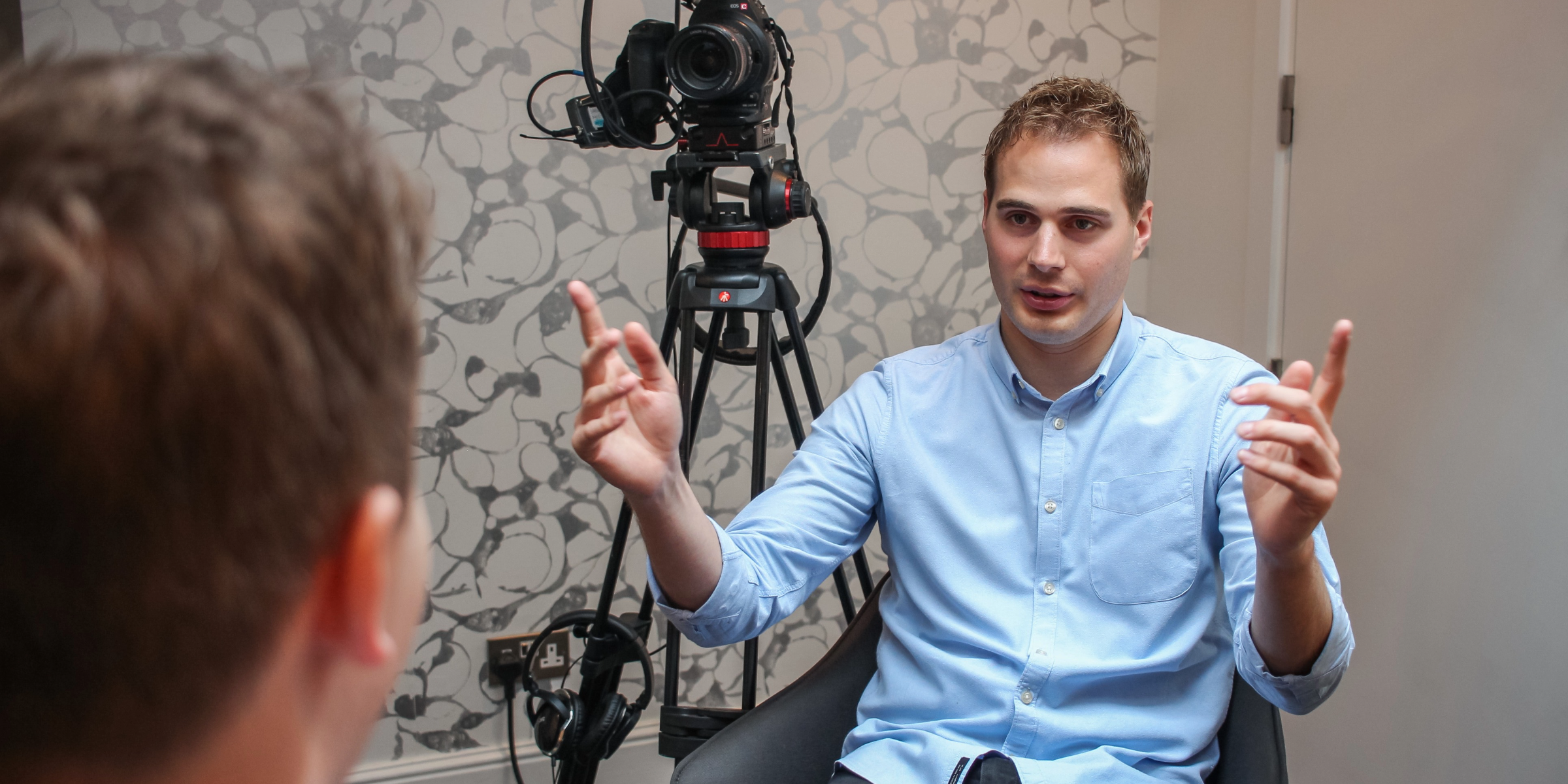As a listener you take a news story at face value – it’s on air because it’s interesting content. But as a PR professional you know it’s got to be more than just that: it has to be a story that pleases both the journalist and the client.
By Claire Burgess
Radio is one of the best ways of communicating key messages and in this blog I’m going to look at how you can maximise such opportunities. After all, if the brand can’t get across what they’re trying to say or promote, then what’s the point of doing a broadcast interview?
Journalists are always going to be cynical. They’ll question the PR consultant about who is behind the campaign and what they’re trying to promote. BBC stations must follow the corporation’s guidelines and commercial broadcasters have advertisers – so neither will give away air-time if they think a story is too much of an advert.
That means brands need to cleverly create a headline worthy story and work in key messages to any interview so the brand is credited without making the story too much of a blatant ‘plug’.
So how can you best communicate your key messages in a radio interview?
Firstly decide what your key messages are. For broadcast you should try and identify what you consider are the 2 or 3 most important nuggets of information. Broadcast interviews, particularly for news, are short and to communicate more than this is just too ambitious. What these key messages are obviously varies from client to client – it could be a brand mention, information about a website or a more complex communication. Whatever they are, it’s always helpful to set them out (ideally in writing) beforehand. These messages then need to be worked into the story in a relevant way eg. “This research, commissioned by XX company, shows just how far we’d go when it comes to XXXX…..” Too blatant and journalists will say the story is too much of a plug, meaning your story will be quickly dropped.
Brief your spokespeople properly. Spokespeople need to understand what elements of the story most appeal to the broadcaster and what their 3 key messages are. This rule applies to even the most experienced of spokespeople, regardless of their title. I would particularly stress this for 3rd party spokespeople, especially if they have a product/brand etc of their own to promote.
Different tones between commercial and BBC radio stations. Spokespeople also need to be briefed so they understand the boundaries when it comes to brand mentioning. The level of brand mentioning in a radio interview depends largely which station you are on. For example, BBC radio producers generally agree to one brand mention per interview; anymore and they’ll drop the interview, or if it’s live, cut you off.
Commercial radio interviews can be more relaxed about this rule but only if an interview is being run live; pre-recorded interviews will be cut down to a 20 second soundbite, so branding is limited because these are so short. Best for branding are the smaller local community stations. Often their interviews are live and this can result in potentially a lot more mentions (we have achieved 13 brand mentions in one local community station in the past!)
Shout! Communications has a team of media trainers who have worked in national and regional television and radio news before they moved into PR. It is this combination that allows us to not only be best suited for formal media training, but also to coach any spokespeople during a broadcast campaign. Our expertise means we can help your spokespeople best communicate key messages.
For more information about our media training or radio days, give us a call on 02072407373 or email us at hello@shoutcommunications.co.uk.



